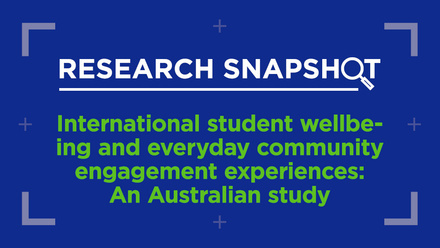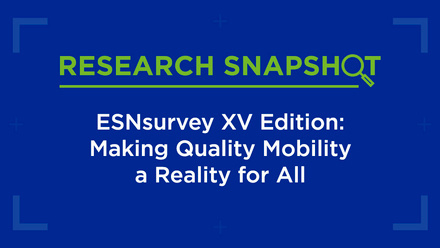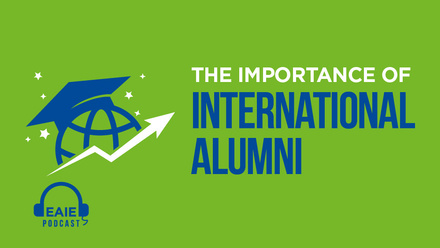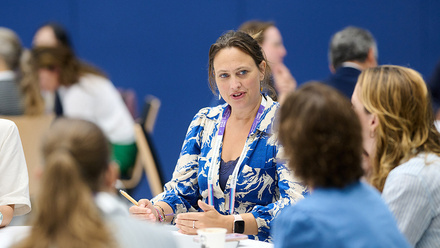The new European Universities Community: putting students first

The European Universities Community (EUC) is an initiative launched by undergraduate and graduate students of several European University alliances, together with members of their academic and administrative staff. It is an ongoing project aimed at bringing European students together and making their voices heard within the framework of the Conference on the Future of Europe. They have already carried out several concrete, student-led actions, such as the inaugural session of the European Student Assembly and the drafting and promotion of the Manifesto on the Future of Universities in Europe.
The EUC is an opportunity to reinforce collaboration between European alliances, as well as to increase their impact and visibility throughout Europe. In order to make it possible, its Steering Committee has implemented four actions in which all European students can get involved in the following ways:
- Contributing a short piece to the multilingual digital platform of the Conference on the Future of Europe
- Participating to the Inaugural Session of the European Student Assembly
- Contributing to drafting the Manifesto on the Future of the Universities in Europe
- Promoting multilingualism and multiculturalism within the student community
From September to December 2021, a collaborative process was launched to co-write a Manifesto on the Future of Universities in Europe. Participants worked together to give visibility to issues related to higher education that are at the core of Europe’s concerns. In January 2022, student representatives were invited to present the outcome of this work at the Forum of Universities for the Future of Europe to the European Commissioner for Innovation, Research, Culture, Education and Youth; the French Minister of Education and Research; and representatives from the Presidency of the Council of the EU. The themes of the Manifesto are the following: diversity in Europe, multicultural universities, European joint degrees, European mobilities, sustainability and cooperation between alliances. This manifesto can be signed by individuals and institutions until August 30, 2022.
European student assembly
On 3 and 4 March 2022, the inaugural session of the European Student Assembly was held in Strasbourg. It is the first of a series of meetings that give students a public voice in the European Union. In order to achieve that, the students wrote 89 recommendations that have been submitted to the European Commission and published on the digital platform of the Conference on the Future of Europe. The European institutions are expected to issue the conclusions of this consultation at the end of spring 2022.
This event brought together 275 student representatives from 38 European University alliances, coming from 28 countries across Europe. It was hosted by the University of Strasbourg and co-organised by Université Grenobles-Alpes, Sciences Po and CY Cergy Paris University under the umbrellas of their respective European University alliances: EPICUR, Unite!, CIVICA and EUTOPIA.
During those two days, students were able to participate in different activities offering them an immersive experience of the European institutions and their premises. For instance, they were given the opportunity to visit the European Parliament in Strasbourg. Member of Parliament Marie-Pierre Vedrenne welcomed them with inspiring words on the key role of the youth in designing the future of Europe, saying that she was “very happy to have been by [their] side and to have welcomed [them] in the European Parliament – [their] home – the home of democracy and freedom”.
Students shaping the future
Another example of fruitful activity related to the role of students in shaping the future of Europe was a roundtable on the topic of ‘rethinking the European democracy through student diplomacy’. Significantly, the roundtable was moderated by a PhD student, an MEP, and a professor, together with representatives of European student and youth organisations.
The EUC gives a voice to the youth by carrying out meaningful actions where the European actors of today and tomorrow play a central role
We asked Islam Shalik, the PhD student who served as one of the moderators, how he felt about the event and his part in it, to which he responded: “being able to participate in the organisation of the inaugural session of European Student Assembly was truly a pleasure. The project went beyond the academic framework, because it made students’ voices heard in the Conference on the Future of Europe”. He added: “I have had the honour to host this roundtable whose discussions have guided students in the writing of their recommendations. In total, 89 recommendations have been submitted to the European institutions. […] The event has been a real success and we hope that we will be able to carry on this experience in the years to come!”
In parallel, the EUC gave European students the opportunity to express themselves freely by contributing to the multilingual digital platform of the Conference on the Future of Europe. Students could either contribute individually or in a group; a Discord server was created to let students manage their contributions, suggest topics of discussion, and give their own recommendations.
Last but not least, the EUC is committed to promoting multilingualism and multiculturalism among European students. Several events related to language and culture were organised and offered to students. These events contributed to promoting the idea that diversity can have a major impact on the formation of a European identity, enhancing the feeling of belonging to a community.
The European Universities Community as a whole is working to give a voice to the youth by carrying out meaningful actions where the European actors of today and tomorrow play a central role. This initiative reflects students’ determination to be heard and have an actual impact on their future in ways that can elicit a political response from the European institutions.






